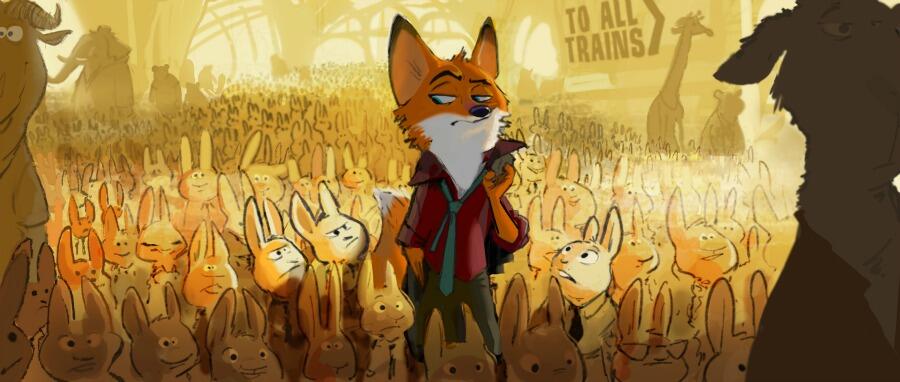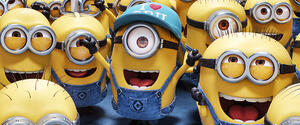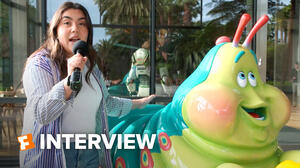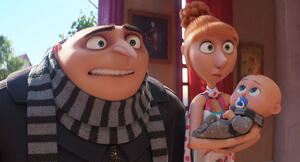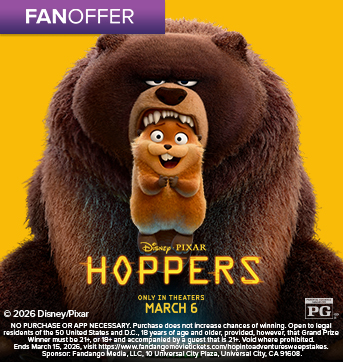
The world is a big bag of stereotypes. We all make assumptions about others based on any number of variables—religion, ethnicity, gender, size, age, sexual orientation and so forth and so on—basically, all the things that really shouldn’t matter when kindness and understanding are both readily available. Granted, some have managed to curtail such thought, or at least the acting quickly upon it, but far too many people spend their entire lives labeling others and fitting them into the nooks and crannies of preconceived notions. Worse, it gets passed down a generation, sometimes proudly so.
On the other hand, there are some stereotypes that are openly embraced, specifically by those that identify with the group(s) in question. There’s a lot to be said for laughing at oneself, and perhaps even more so when you are comfortable sharing that humor with others. However, it can get confusing, knowing what is fun and harmless versus what sets society back hundreds of years, especially with our varying degrees of privilege and the mob mentality that blurs bliss with ignorance.
Disney’s Zootopia has a lot of that, but furrier.
The movie, which opens March 4 and is directed by Bryon Howard, features the vocal talents of Ginnifer Goodwin as Judy Hopps, an optimistic rookie in the Zootopia Police Department, and Jason Bateman as Nick Wilde, a fox who makes his living as a con artist. They need to work together to solve a case, and in the process overcome the innate judgments of the world around them. Hilarity ensues.
The cast also includes Shakira, Idris Elba, J.K. Simmons, Tommy Chong, Octavia Spencer, Bonnie Hunt, Alan Tudyk and Tommy "Tiny" Lister, among others.
Zootopia is a mammal-centric (minus humans) story and is set in a world where regions and climates coexist like so many boroughs. The inhabitants are anthropomorphic, but there is also great attention paid to the physical attributes and characteristics of each represented animal. It even remains true to scale, which in a crowd of mice and giraffes is pretty impressive.
It is partly due to this attention to detail that roles and rules are defined. For instance, the slowness of the sloth lends itself perfectly to the setting in the clip above, because we have all been in the DMV and it is relatable. It’s funny because it’s true. Also, the relationships and distrust between various species that are, obviously, required in the wild are transformed into the daily relationships between the same species, but with more pants.
It is the personification of these traits and the application of them in a more “human” setting that really shines the light on the differences we, the viewers, all have, as well as the common core that unites us. It makes for humor and sadness, fear and comfort. It hints at something close to peace.
Disney’s Zootopia is many things, a buddy-cop film noir, a comedy, a family film both thoughtful and entertaining, but its biggest offering may be in its conversation points for parents and their children; overcoming the obstacles of prejudice, ingrained and ignored as they often tend to be, and the why and how of them. That is a takeaway of hope, and the promise of what we can do with it.
But seriously, that sloth scene nails it.

